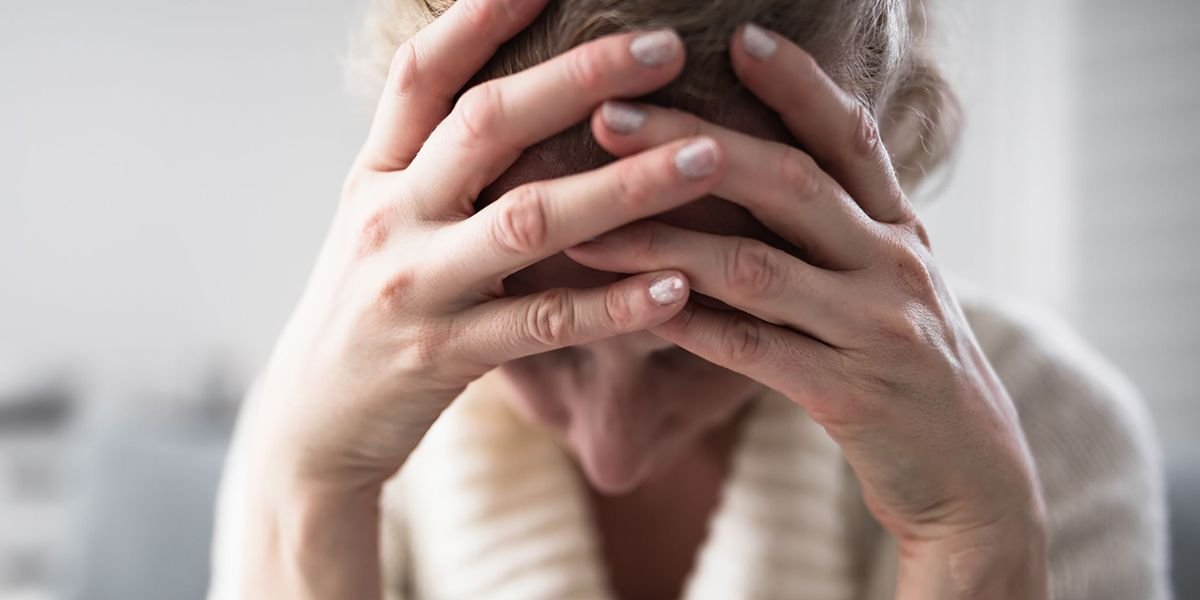A stroke can be a life-altering event, impacting a person’s physical abilities, cognitive functions, and overall quality of life. Stroke rehabilitation is a critical phase in the recovery process, and physiotherapy plays a pivotal role in helping stroke survivors regain their independence and improve their quality of life. In this blog, we’ll explore the essential role of physiotherapy in stroke rehabilitation, its benefits, and how it can make a significant difference in the recovery journey.
Understanding Stroke and Its Impact
A stroke occurs when the blood supply to part of the brain is interrupted or reduced, preventing brain tissue from getting oxygen and nutrients. Within minutes, brain cells begin to die, leading to various impairments depending on the area of the brain affected. Common consequences of a stroke include:
- Motor Impairments: Weakness or paralysis, often on one side of the body (hemiplegia).
- Coordination and Balance Issues: Difficulty in maintaining balance and coordinating movements.
- Spasticity and Muscle Stiffness: Increased muscle tone leading to stiffness and involuntary movements.
- Speech and Swallowing Difficulties: Problems with speaking, understanding language, and swallowing (dysphagia).
- Cognitive and Emotional Challenges: Memory loss, difficulty concentrating, and emotional instability.
The Role of Physiotherapy in Stroke Rehabilitation
Physiotherapy is a cornerstone of stroke rehabilitation, focusing on restoring movement and function to improve the patient’s independence and quality of life. Here’s how physiotherapy contributes to stroke rehabilitation:
1. Assessment and Goal Setting
Physiotherapy begins with a comprehensive assessment of the patient’s physical abilities, limitations, and personal goals. This assessment helps the physiotherapist develop a customized rehabilitation plan tailored to the individual’s needs and aspirations.
2. Improving Mobility and Strength
One of the primary goals of physiotherapy is to improve mobility and muscle strength. Through targeted exercises and activities, physiotherapists help patients regain movement in affected limbs, enhance muscle strength, and improve overall physical endurance.
3. Enhancing Balance and Coordination
Strokes often affect balance and coordination, increasing the risk of falls. Physiotherapists use specific exercises and techniques to improve balance, coordination, and proprioception (awareness of body position), which are crucial for safe and independent movement.
4. Managing Spasticity and Muscle Tone
Spasticity and increased muscle tone are common after a stroke, leading to stiffness and restricted movement. Physiotherapists employ techniques such as stretching, manual therapy, and the use of modalities like heat or cold therapy to manage spasticity and improve muscle flexibility.
5. Promoting Functional Independence
Physiotherapy aims to help stroke survivors perform daily activities independently. This includes training in activities of daily living (ADLs) such as dressing, bathing, and transferring from one position to another. The focus is on practical skills that enhance the patient’s ability to function independently in their environment.
6. Gait Training
Gait training is essential for stroke patients who experience difficulties walking. Physiotherapists use various strategies, including treadmill training, walking aids, and specific exercises to improve walking patterns, enhance endurance, and ensure safe mobility.
7. Education and Support
Education is a vital component of stroke rehabilitation. Physiotherapists educate patients and their families about the stroke recovery process, proper exercise techniques, and ways to prevent complications. Ongoing support and encouragement are provided to motivate patients and boost their confidence.
The Benefits of Physiotherapy in Stroke Rehabilitation
The benefits of physiotherapy in stroke rehabilitation are profound and multifaceted:
- Enhanced Recovery: Targeted therapy accelerates the recovery process and helps regain lost functions.
- Improved Quality of Life: Patients experience increased independence, better mobility, and a higher quality of life.
- Reduced Risk of Complications: Physiotherapy helps prevent complications such as pressure sores, muscle contractures, and falls.
- Emotional and Psychological Support: The structured rehabilitation process provides emotional support, helping patients cope with the aftermath of a stroke.
- Long-term Health and Wellness: Physiotherapy promotes overall health and wellness, encouraging patients to maintain an active lifestyle.
About Fitwell Physiotherapy
Dr. Richa’s Fitwell physiotherapy has an extensive team of physiotherapists all within their own specialist areas of physiotherapy. Whatever your condition, we guarantee that we will have the best physiotherapist for you. We assess, diagnose, plan, cure and care for you.
Fitwell Physiotherapy Clinic, Pune provides you best physiotherapy treatment in Kharadi, pune. We also serve Chandan Nagar, Vadgaon Sheri, Keshav Nagar, Wagholi & nearby Areas in Pune. We are experts in treating Neck Pain, Hand pain, Back pain, Lower back pain, Knee pain, Stiff Neck, Sciatica,Arthritis, Stroke Paralysis & Post Surgical Rehab
We provide Specialized physiotherapy treatments in Sports Injuries, Pre and post Surgery, Neurologic, Pediatric, Chronic Pain / Fatigue, Rheumatology, Women’s Health, Men’s Health, Ergonomics, Vestibular, Amputees & all sort of Pain treatment and lifestyle conditions
What Physiotherapy Expert Says – Dr. Richa Purohit (Senior Physiotherapist) :
It’s essential to note that stroke paralysis can have various causes, and a thorough medical evaluation by a healthcare professional is often necessary to determine the underlying cause and develop an appropriate treatment plan. Treatment may involve a combination of therapies, including physical therapy, exercises, medications and lifestyle changes
Physiotherapy treatment strategies also focus on addressing the root cause.
Book a Free Consultation session to know and understand Stroke Paralysis Rehab.
Conclusion
Physiotherapy is integral to stroke rehabilitation, offering a pathway to recovery, independence, and improved quality of life. By addressing the physical, cognitive, and emotional challenges posed by a stroke, physiotherapists empower patients to reclaim their lives and achieve their fullest potential. If you or a loved one is recovering from a stroke, consider the invaluable role of physiotherapy in the rehabilitation journey. Contact a qualified physiotherapist to embark on the path to recovery and well-being.
















